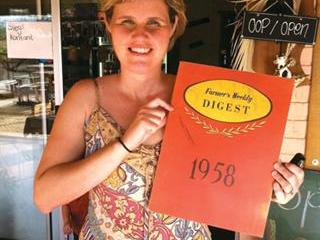The renewable energy sector welcomed the National Energy Regulator of South Africa’s (Nersa) recently announced feed-in tariffs for renewable energy into the national grid. “These tariffs will stimulate investment in the market,” said Leila Mohamed-Weideman, director of Genesis Eco Energy. “They’re substantially higher than before, so Nersa has heeded industry stakeholders’ input.”
The tariffs set out the price per unit of electricity to be paid for energy from renewable sources generated by private power producers. Developers in the wind technology sector will receive R1,25/kW (a significant improvement from the initial 65c/kW), landfill gas 90c/kW (up from 43c), concentrated solar R2,10/kW (up from 65c) and small hydro 94c/kW.
Stuart Fredman, managing director of Cullinan Energy Solutions, said the revised tariffs would encourage long-term investment in the sector. “It’s a first for the renewable energy industry to be faced with financially viable propositions from government,” he said. But these projects aren’t cheap and there’s still much work to be done, including environmental impact studies. He added that several industry players had lobbied for rural areas to feature in strategic planning. “Nersa assured us that rural and farming communities will play an important role in future projects, but the immediate target of 10 000GW by 2014 would be best achieved with a few large projects.”
Agri SA’s Nic Opperman said there are exciting opportunities in alternative energy, especially for the forestry and sugarcane industries, where food security isn’t jeopardised by renewable energy farming.
“All farmers should strive toward sustainability, which includes practices like crop rotation,” he said. “Using less fossil fuel also helps, so they should be encouraged to use power which can be generated from materials at hand.
“But details of how farmers can take part in manufacturing and selling electricity to Eskom still need to be clarified.” – Wouter Kriel
Renewable energy tariffs to boost sector
The renewable energy sector welcomed the National Energy Regulator of South Africa’s (Nersa) recently announced feed-in tariffs for renewable energy into the national grid. “These tariffs will stimulate investment in the market,” said Leila Mohamed-Weideman, director of Genesis Eco Energy. “They’re substantially higher than before, so Nersa has heeded industry stakeholders’ input.”
| Read more |
|









